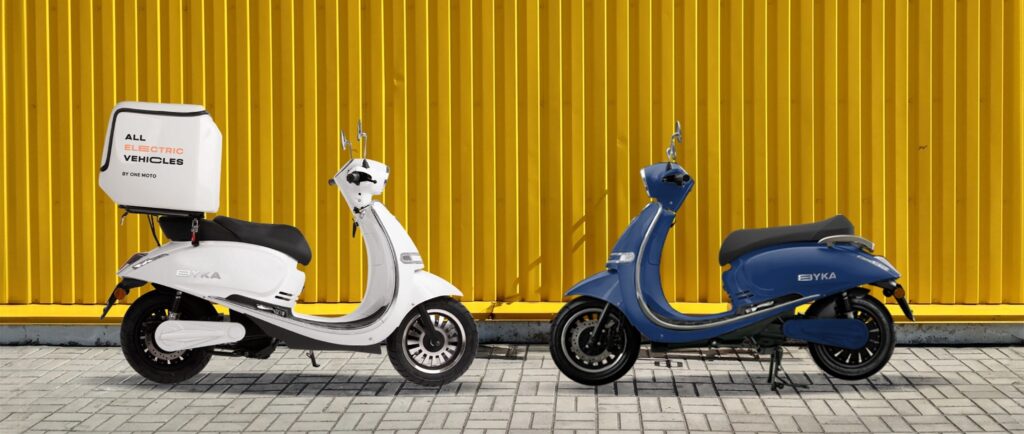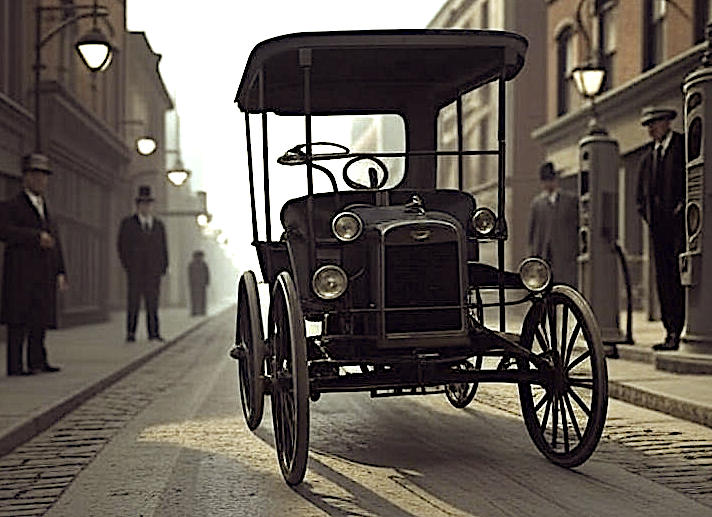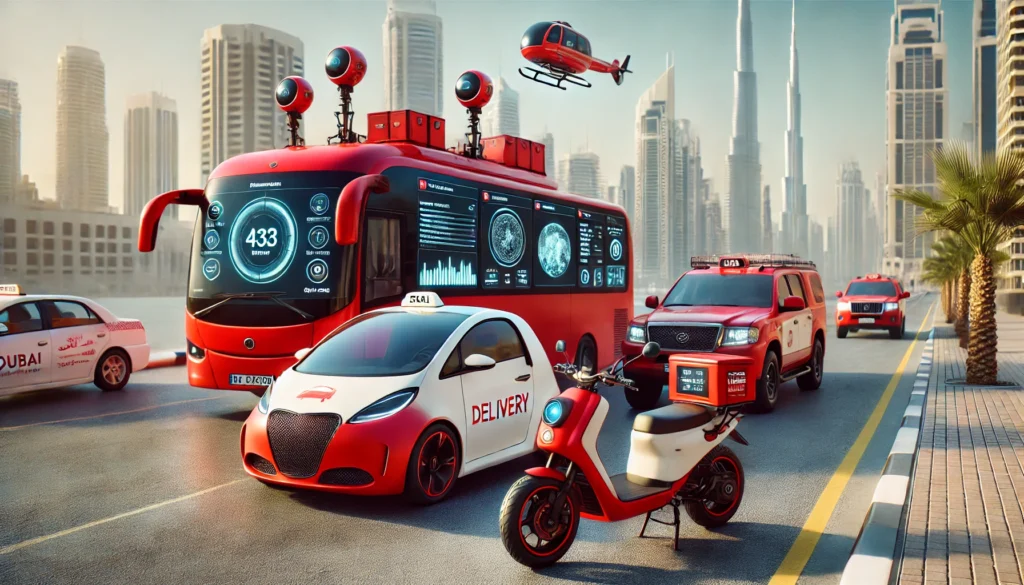The UK is a considerably complex last-mile landscape to navigate, with the gig economy ‘employing’ over 10% of the population in the various sectors, the delivery gig-worker network is one we aim to support. Pre-framing (for those unfamiliar with the #delivery landscape) In the fast-paced world of e-commerce and urban living, last-mile delivery has emerged as a critical component of the supply chain, bridging the gap between retailers and consumers with speed, efficiency, and reliability.
In the United Kingdom, the last-mile delivery landscape has experienced seismic scale, changing consumer behaviours, and a heightened focus on sustainability. Let’s delve into the factual statistics, leading companies, electric vehicles, costs per delivery, and forecasted growth of this dynamic sector, alongside the commitment of ONE MOTO to support the transition to sustainable mobility.
Factual Statistics of the Delivery Landscape
The UK’s last-mile delivery sector has propelled exponentially with the rise of online shopping and the convenience economy. According to recent data, the UK’s #ecommerce market reached £141.33 billion in 2022, with last-mile delivery representing a critical component of this hyper-growth industry. The last mile is the most costly and polluting to the environment, an issue we take very seriously!
Leading Companies & Electric Vehicles
Several prominent companies dominate the UK’s last-mile delivery landscape, including; established giants like Royal Mail , Stuart , DPD UK , Evri , and Amazon , alongside innovative startups and tech-driven platforms. Moreover, there has been a notable shift towards sustainable transportation solutions, with an increasing number of companies adopting electric vehicles (EVs) to reduce emissions and environmental impact.
Costs Per Delivery & Forecast Growth
The costs per delivery in the UK vary depending on factors such as distance, speed of delivery, and the size of the parcel. However, industry estimates suggest that the average cost per delivery ranges from £2 to £5, with additional expenses incurred for urban deliveries and same-day services. Despite these costs, the last-mile delivery sector continues to experience robust growth, fuelled by rising consumer demand for fast, convenient, and environmentally friendly delivery options.
Yet, the complicated food delivery sector pays riders between £4.50 and £6.70 per delivery, how do these calculations work? Well, as I mentioned the gig-economy in complex with the companies fronting the delivery services (aggregators such as Uber Eats, Stuart, Deliveroo , Just Eat Takeaway and others) don’t employ their delivery workers, they are ‘contractors’, independent freelancers – which helps the operators avoid various costly incumbent responsibilities of UK employment and benefits – much to the opposition of those ‘working’ for them.
Yet, we need to support the industry, the ‘workers’

Forecasted Growth
Looking ahead, the forecasted growth of the last-mile delivery sector in the UK remains promising, driven by technological advancements, regulatory initiatives, and evolving consumer preferences. Industry analysts predict a compound annual growth rate (CAGR) of over 10% for the UK’s last-mile delivery market in the coming years, with a particular emphasis on sustainability and innovation.
ONE MOTO’s Commitment to Sustainable Mobility
In line with the UK’s transition towards sustainable transportation, ONE MOTO, a pioneering electric vehicle company, has made a significant commitment to support the evolution of last-mile delivery. The company has secured £123 million in funding to develop and deploy electric motorcycles and vans tailored for the delivery industry, providing a cost-effective, eco-friendly alternative to traditional delivery vehicles.
With a focus on #decarbonising the last-mile delivery sector, ONE MOTO aims to evolve urban transportation, #reduceemissions, and enhance operational efficiency for delivery companies across the UK. By leveraging cutting-edge technology and strategic partnerships, ONE MOTO is poised to play a pivotal role in shaping the future of last-mile delivery, driving positive environmental impact and sustainable growth in the UK’s logistics industry.
To discuss collaboration in the UK, countywide dealerships, distribution channels please reach out.



